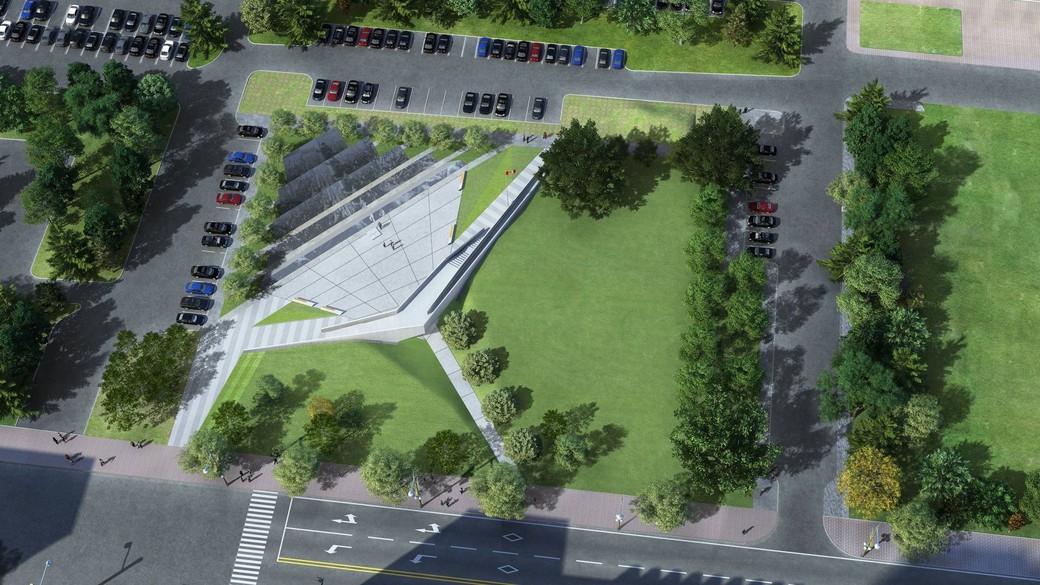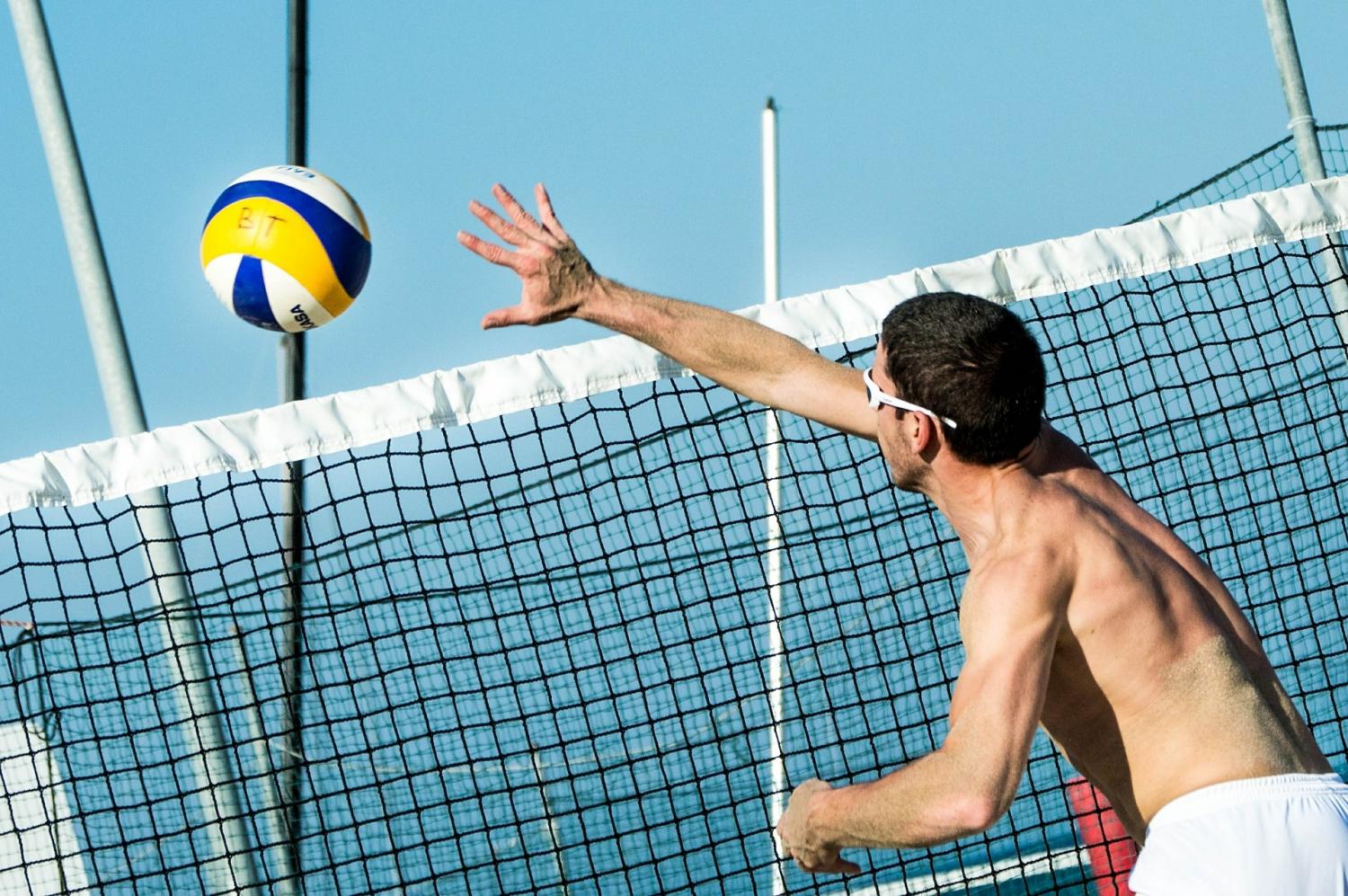
Kazakhstan and Canada Actively Cooperate in Education
In 1992, shortly after Kazakhstan’s independence from Russia in 1991, Canada opened diplomatic relations with Kazakhstan and the two countries began actively cooperating in many areas, especially in education.
Although separated by distance and culture, (Kazakhstan is south west of Russia and rises from the Caspian Sea and China in the south, to Mongolia in the north) the two countries have become partners in technical vocational education, higher education, applied science, and the creation of major technology centres. There are also other new opportunities in the works.
A strong bond between the countries is their rich oil and gas sectors – so sharing relevant education and technologies is a perfect fit. A very successful technology centre for the oil and gas sector is located in Atyrau, in western Kazakhstan—part of a partnership with the Southern Alberta Institute of Technology (SAIT Polytechnic) in Calgary. SAIT is a world leader in oil and gas technologies, and became a strategic partner in the development of APEC Petrotechnic, the Interregional Professional Training and Retraining Centre in Atyrau in western Kazakhstan.
 Four world-class colleges are expected to open by 2015 on different campuses throughout the country, offering programs in energy, construction and utilities, information and
Four world-class colleges are expected to open by 2015 on different campuses throughout the country, offering programs in energy, construction and utilities, information and
communication technologies, design, and the tourism and hotel business. Besides the inter-regional oil and gas training centre in Atyrau, Ust- Kamenogorsk will offer engineering and metallurgy, Ekibastuz will offer fuel and energy, and Shymkent will offer training in the food industry, all under Kasipkor College’s management.
Kasipkor College considered collaborating with schools in Norway, Great Britain and the USA, but, in an article published online in World-Didac, Kasipkor College Chairperson Ayana Manassova was quoted as saying, “Canadians suggested the most all-round solution for the institutional development of the centre.” International diplomas will be issued in Kazakhstan and all training will be done in English, so only those proficient in English can graduate from the program.
Kazakh students study in Canada too. About 150 students from Kazakhstan attend Canadian universities through the Presidential Bolashak Program. It awards scholarships to high-performing students wishing to study abroad. The relationship between Kazakhstan and others of Canada’s universities and colleges is also expanding. In June 2013, President of Ottawa’s Algonquin College, Kent MacDonald, visited several educational institutions in Kazakhstan, including what he describes as “the very impressive and historical Al-Farabi Kazakh National University.” On behalf of Algonquin College he signed a memorandum of understanding with Kazakh National Technical University (KazNTU) in June, 2013. He is impressed by the country’s commitment to invest in higher education and says Kazakhstan’s system is a “foundation upon which great research, good teaching and learning can occur.”
Kazakhstan citizens will receive a double diploma from Kazakhstan and Canada, providing the qualifications that make them competitive, whether working abroad or at home. Kazakh Vice minister of Education Sayat Shayakhmetov was quoted as saying, “I think this will be beneficial for Kazakhstan. It is expensive for the government, but prestigious for the citizens.”
Ambassador Konstantin Zhigalov supports Kazakh-Canadian cooperation in all the other areas the societies are similar as well. “Despite the fact that our countries are situated far away from each other and we are divided by the Atlantic Ocean, both Kazakhstan and Canada have a lot in common,” he says in his blog. “Our two countries have similar climate conditions, equally rich in natural resources and also are alike in multi- ethnic populations that profess various religions in societies with the spirit of tolerance…and love for ice hockey.”









